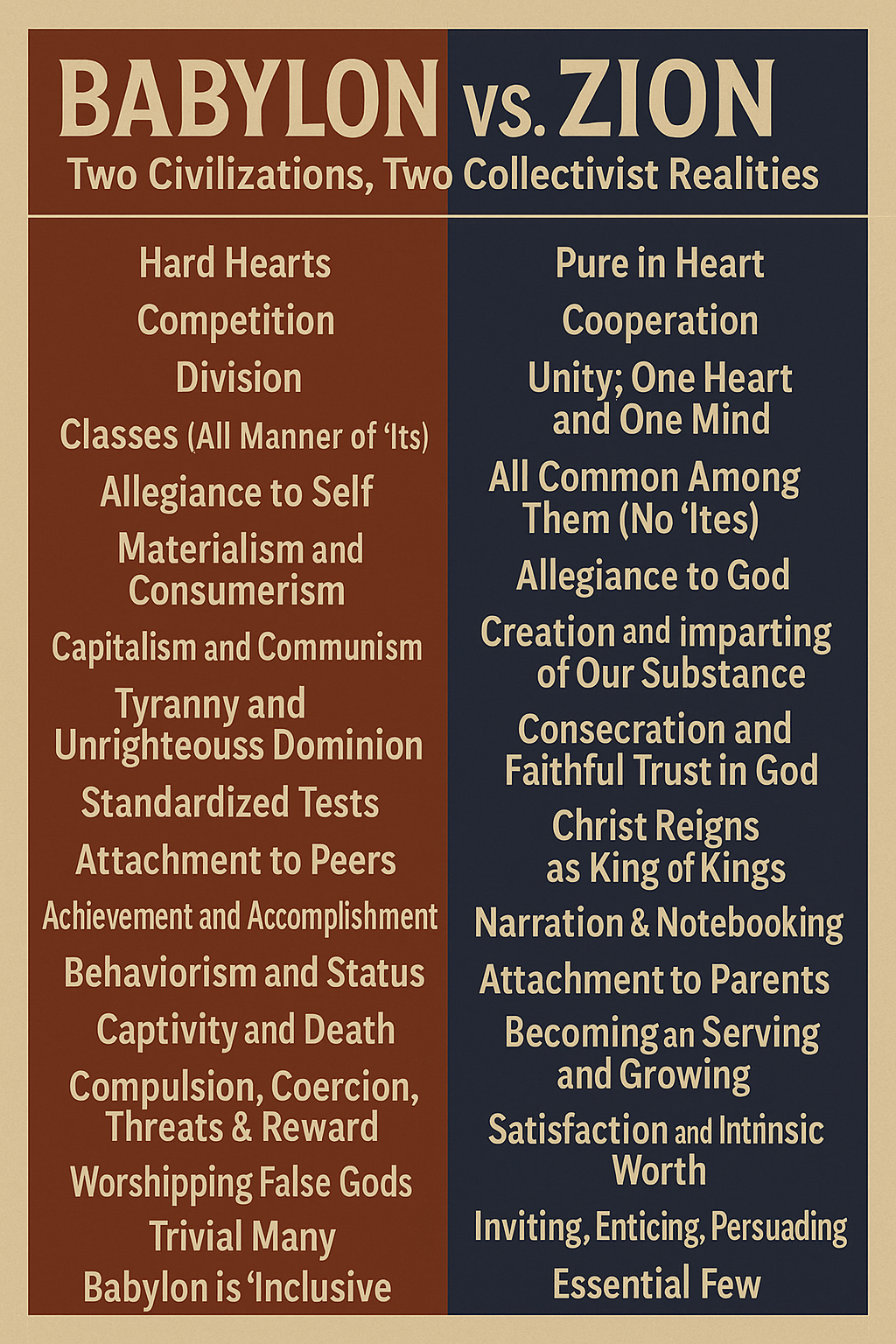Here’s a thesaurus-style breakdown of Arbinger’s “Living in the Box” mindset using their four key self-justifying themes—Better Than, Worse Than, I Deserve, and Must Be Seen As—along with alternative words and deeper emotional meanings. This approach helps unpack the language people often use when they are “in the box” (i.e., in self-deception), and how that language shapes toxic narratives and destructive behavior.
“Better Than” – Pride, Superiority, Judgment
Core Mindset:
“I am superior to others. I’m more capable, moral, intelligent, or responsible.”
Common Synonyms/Feelings:
- Arrogant
- Condescending
- Smug
- Self-righteous
- Patronizing
- Holier-than-thou
- Elitist
- Entitled
- Inflated
- Condemning
- Dismissive
- Know-it-all
Narratives/Thoughts:
- “If only they thought like me…”
- “I know what’s best.”
- “They can’t do anything right.”
- “I have to fix them.”
Behavioral Traits:
- Lecturing
- Micro-managing
- Belittling
- Rescuing (from superiority)
- Passive-aggression
“Worse Than” – Shame, Insecurity, Victimhood
Core Mindset:
“I am not good enough. Others are better than me. I’m unworthy.”
Common Synonyms/Feelings:
- Inferior
- Insecure
- Powerless
- Defeated
- Unlovable
- Ashamed
- Worthless
- Small
- Helpless
- Overwhelmed
- Self-pitying
Narratives/Thoughts:
- “Nothing I do matters.”
- “Why try? I’ll never measure up.”
- “They’ll never understand me.”
- “Everyone’s against me.”
Behavioral Traits:
- Withdrawal
- People-pleasing
- Sabotage
- Victimhood identity
- Passive resistance
- Oversharing (to gain sympathy)
“I Deserve” – Entitlement, Resentment, Justification
Core Mindset:
“I’ve been wronged or unappreciated. I’ve earned something I’m not getting.”
Common Synonyms/Feelings:
- Entitled
- Resentful
- Justified
- Vindictive
- Bitterness
- Indignant
- Self-pity
- Martyrdom
- Righteous anger
- Envious
Narratives/Thoughts:
- “I work so hard and get nothing in return.”
- “After all I’ve done, I deserve better.”
- “I’m owed respect, love, recognition.”
- “They should know how I feel.”
Behavioral Traits:
- Withholding love or affection
- Scorekeeping
- Complaining
- Passive aggression
- Silent treatment
- Retaliation
“Must Be Seen As” – Image-Control, Fear, Approval Addiction
Core Mindset:
“I need others to see me a certain way in order to feel valuable or secure.”
Common Synonyms/Feelings:
- Performative
- Approval-seeking
- Manipulative
- Polished
- Inauthentic
- Defensive
- Self-conscious
- People-pleasing
- Image-obsessed
- Fear-driven
Narratives/Thoughts:
- “I must look like the perfect parent.”
- “I can’t let them know I’m struggling.”
- “If they don’t like me, I’m nothing.”
- “I need to win their respect.”
Behavioral Traits:
- Overachievement
- Overspending (to impress)
- Lying or exaggerating
- Censoring real emotions
- Chronic busyness
- Fragile ego
Summary: How These Narratives Fuel the Box
All four of these themes serve one core purpose: to justify being in the box, i.e., to avoid facing the truth about ourselves and our contribution to conflict. Each becomes a trap:
- “Better Than” makes us blind to others’ worth.
- “Worse Than” makes us blind to our own worth.
- “I Deserve” fuels bitterness and entitlement.
- “Must Be Seen As” keeps us living for appearances, not authenticity.
In Counseling or Personal Growth Context
Use these as self-awareness prompts:
- Which of these boxes do I most often fall into?
- What words or narratives do I use to justify my behavior?
- How does this mindset shape how I see others—and myself?







